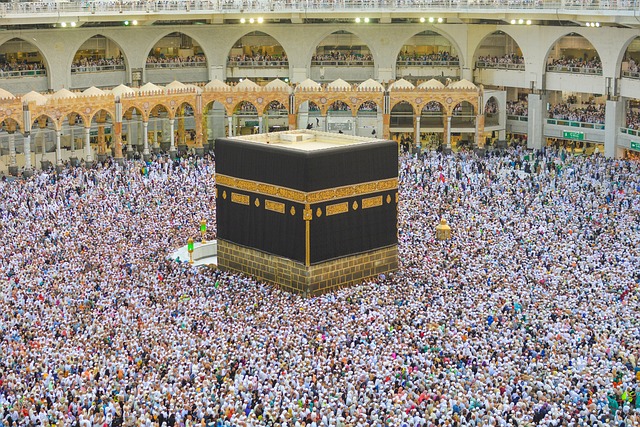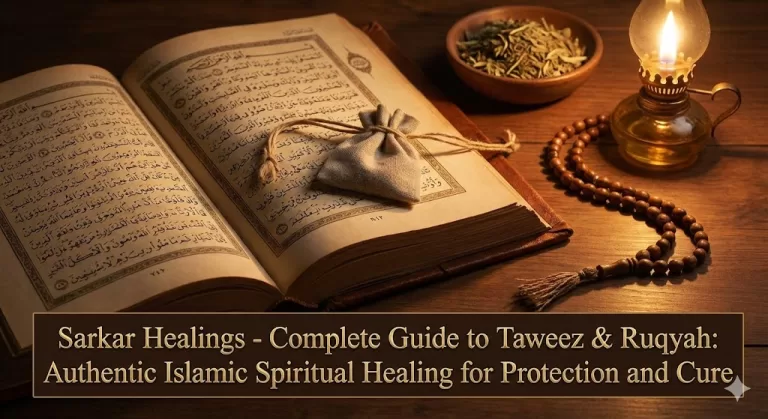Significance of the First 10 Days of Dhul Hijjah
Significance of the First 10 Days of Dhul Hijjah
Introduction
Welcome to the blessed month of Dhul Hijjah! This month is one of great significance in the Islamic calendar as it marks the beginning of many important events, including the Hajj pilgrimage. The first 10 days of Dhul Hijjah are especially important, as they hold immense spiritual value and offer countless opportunities for reward and forgiveness.
During this time, Muslims around the world engage in increased acts of worship, such as fasting, reciting the Quran, and giving in charity. It’s a time for reflection and spiritual growth, as we strive to draw closer to Allah and deepen our connection with Him.
In this blog, we’ll delve into the historical significance of Dhul Hijjah, explore the virtues of the first 10 days, and provide practical tips on how to make the most of this blessed month. Whether you’re a seasoned worshipper or just starting out on your spiritual journey, this blog is sure to provide valuable insights and inspiration. So, let’s get started and experience the majesty of the first 10 days of Dhul Hijjah together!
Historical Significance of Dhul Hijjah
The first 10 days of Dhul Hijjah have a historical significance that dates back to the time of Prophet Ibrahim. It is believed that during this time, Allah tested Prophet Ibrahim’s faith and devotion by ordering him to sacrifice his son, Ismail. However, as he was about to carry out the sacrifice, Allah replaced Ismail with a sheep, signifying his approval of Ibrahim’s unwavering devotion. This event is celebrated by Muslims all around the world through sacrificing an animal and distributing its meat to the less fortunate.
Moreover, the first 10 days of Dhul Hijjah also mark the start of the annual pilgrimage to Mecca, Hajj. This is a time when Muslims from all over the world gather to perform various religious rituals, including visiting the Kaaba and participating in Tawaf. It is believed that performing Hajj at least once in a Muslim’s lifetime is mandatory, provided they are financially and physically capable.
Another significant event during the first 10 days of Dhul Hijjah is the day of Arafah, which falls on the 9th day. This is a day of fasting and seeking forgiveness from Allah for one’s sins. It is believed that fasting on this day expiates the sins of the past year and the year to come.
The historical significance of Dhul Hijjah is a reminder to Muslims of the importance of faith, devotion, and obedience to Allah. It is an opportunity for spiritual growth and a chance to seek forgiveness and repentance.

Virtues of the First 10 Days of Dhul Hijjah
We all know how beautiful and significant the first 10 days of Dhul Hijjah are. These days are filled with an abundance of blessings and opportunities for us to get closer to Allah. It’s important that we utilize these days to the fullest and engage in good deeds.
One of the key virtues of these days is the increased rewards for good deeds. Every good deed we do during these days is multiplied many times over. This is a great time to increase our acts of worship and earn more rewards. Make a habit of performing extra prayers, reciting more Quran, and giving in charity.
Another great benefit of the first 10 days of Dhul Hijjah is the opportunity for forgiveness. This is a time when Allah is especially merciful and forgiving. So, we should make sure to seek forgiveness for our sins and do our best to correct our mistakes. This is also a great opportunity for us to build our relationship with Allah and increase our spirituality.
It’s also important to note that there is a strong encouragement for charity during these days. We should make a conscious effort to help those in need and give generously to charity. This is a time to show compassion and kindness to our fellow humans. Remember that even a small act of kindness can make a huge difference in someone’s life.
Finally, Eid al-Adha is a significant part of the first 10 days of Dhul Hijjah. This is a time to celebrate and reflect on the blessings of Allah. We should make sure to partake in all the celebrations and express our gratitude for everything that Allah has given us.
Overall, these days are a beautiful gift from Allah. They are a reminder for us to increase our good deeds, seek forgiveness and show kindness to others. Let’s make the most of this opportunity and try our best to make these days truly special.
Actions to Partake in the First 10 Days of Dhul Hijjah
The first 10 days of Dhul Hijjah are a blessed time for Muslims all over the world. It’s a time where Allah’s mercy is showered upon us, and we have the opportunity to earn countless rewards. As we approach the start of these blessed days, it’s crucial to take advantage of this time and make the most of each day.
One of the most significant actions to partake in during the first 10 days is fasting. Fasting during these days is highly recommended and is equal in reward to fasting an entire year. Not only does it bring us closer to Allah, but it also allows us to sympathize with those less fortunate than us.
Reciting the Quran and making Dhikr are also essential actions to partake in. Taking the time to reflect on the words of Allah and remember His name is the perfect way to spend these blessed days. It’s a chance to recharge our spiritual batteries and strengthen our connection with our Creator.
Performing extra prayers is another way to make the most of these blessed days. Adding sunnah or nafl prayers to our daily routine is a simple yet effective way to draw closer to Allah and earn countless rewards.
Lastly, giving in charity is an action that should not be overlooked. Giving to those in need is not only beneficial for the recipient but also for the giver. It’s a chance to purify our wealth and seek the pleasure of Allah.
In conclusion, the first 10 days of Dhul Hijjah are an opportunity that should not be wasted. Fasting, reciting the Quran and making Dhikr, performing extra prayers, and giving in charity are all actions that will bring us closer to Allah and help us earn countless rewards. Let’s make the most of this blessed time and strive to excel in our worship.
Mistakes to Avoid in the First 10 Days of Dhul Hijjah
Let’s face it, we all have moments of laziness when it comes to doing good deeds. Especially when we feel like we have a lot of time to make up for it later, right? Well, that’s where we tend to make mistakes during the first 10 days of Dhul Hijjah. One of the biggest mistakes we can make is neglecting good deeds, assuming that we can catch up later. In doing so, we often forget that we don’t know how much time we have left.
Another mistake we make is being complacent. We assume that we have done enough and that we’re in a good place. Truth is, we can always do more and strive for a better relationship with Allah. Ignoring the Hajj season is also a common mistake. It’s easy to think that we’re not there physically, so it doesn’t really affect us. But the reality is that it’s a blessed time for all of us, whether we’re performing Hajj or not.
Finally, failing to appreciate the significance of these 10 days is a big mistake. We need to understand the magnitude of this time and take advantage of it. After all, it’s not every day that we’re given the opportunity to accumulate such great rewards. So, let’s make sure we avoid these mistakes and strive to excel in our worship during these blessed days.
Preparing for Eid al-Adha
Preparing for Eid al-Adha is an integral part of observing the first 10 days of Dhul Hijjah. Sacrificing an animal is an act of gratitude to Allah, and it is a reminder of the story of Prophet Ibrahim’s willingness to sacrifice his son for Allah’s sake. Sharing the meat with the less fortunate is a great way to spread joy and happiness with those who are less fortunate and are unable to afford meat. Celebrating Eid al-Adha with family and friends is a great way to strengthen bonds and share happiness. Reflecting on the blessings of Allah is a great way to have a sense of gratitude and appreciation for everything that Allah has provided us with.
However, it is important to remember that while celebrating and enjoying Eid al-Adha, we should not forget the true essence and significance of this day. We should remember the sacrifices of Prophet Ibrahim and his son, and reflect upon the meaning of sacrifice in our own lives. It is also important to remember the less fortunate and to share our blessings with them. By doing so, we can make Eid al-Adha not only a day of celebration but also a day of compassion and kindness.
So, let’s prepare for Eid al-Adha with a sense of gratitude, kindness, and compassion in our hearts, and let’s celebrate this joyous occasion with our loved ones.
Conclusion
As the first 10 days of Dhul Hijjah come to an end, let’s reflect on the significance of this sacred time. This is a period of increased rewards, forgiveness, and charity. It’s an opportunity to come closer to Allah and seek his blessings. Let’s promise to continue the good deeds we started and carry this spirit of devotion throughout the year.






